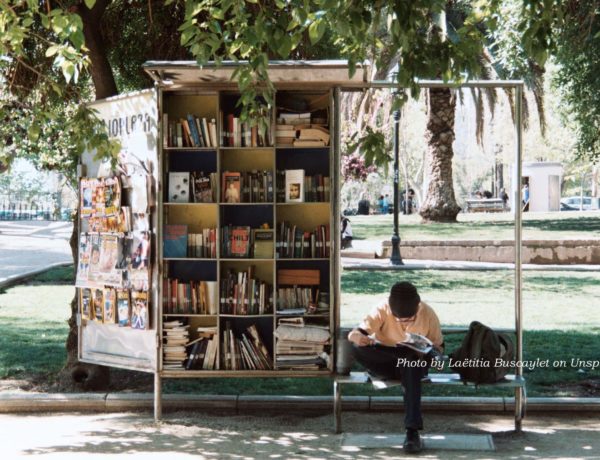Originally published December 30, 2016
This has been a rough year on a several levels for myself, and the world around me. Icons that we looked up to have left us. Emotional and heart-rending votes were taking place in a number of countries, and violence continues to take so many in circumstances few of us really understand, or stop to figure out. When the world is jumbled up around us, we sometimes seek peace in the smaller things, the smaller world, that we know. All the hubbub of this year drove me back to basic ideas, places where I knew compromise was not an option. I also walked through the morning after. These are my vaguely connected thoughts on a Christmas in transition.
This blog started with a desire to explain something of why Leonard Cohen’s Hallelujah means so much to me; what it says to me that touches me so. Leonard Cohen, a Canadian musician, song writer, and novelist, acquired several prestigious awards. He is one of those we lost this past year. One of the magical things about this piece is the flexibility it provides. Cohen provided a framework with references to King Saul, King David, and Sampson, and led us through one of life’s mysteries: how can love be so precious and yet, sometimes, so painful. There have been dozens of lyrics added to the framework and the melody, some by Cohen himself, some by others. The song contains a melody and a theme that touches many, perhaps even with some understanding. My favorite line (if a favorite is possible): “Love is not a victory march, it’s a cold and broken Hallelujah.”
Why? I don’t see it as a bleak condemnation of genuine relationships, I see it as an honest admission that however passionate we may be, however perfect our union may be, life can and does interfere, and yet we find the joy of a hallelujah, and when things are not as hoped, we find a way to move on.
The final scene in the play J. B. by Archibald MacLeish has the characters picking up the tossed stage props and beginning to restore order. The play is a free-verse modernized interpretation of the biblical book of Job. After all the devastation J. B. and his family face, the near loss of his wife, and the heart-rending self-examination of “where did I go wrong,” J. B. and his wife pick up the pieces and begin to rebuild. That’s who we are as human beings, when everything is taken from us, we begin again. It is only when we are honest with ourselves that we can admit, whatever praise we offer is a broken hallelujah.
That leads me to my Christmas, which I spent alone, in my own cocoon. Due to the fortunate convergence of a Christmas bonus and a radically priced clearance desk, I decided to restructure my office. First of all, I am not very good with change, especially in my workplace. This was a major deal for me. Second, the desk that was going away had been a birthday present from my husband. It is old, it is battered, it needed to move on—however difficult that might be. As I assembled the new desk, I found that a few screws for knobs and handles were missing. That means a few pieces of the old desk are with me still. I also made the choice to begin using my husband’s office chair. It took me three days to complete the transition and it was a journey of fond, and painful memories, of moving forward, of broken hallelujahs.
To me, the thought I wish most to hold on to from this brief reflective time is that we can learn from where we are, and then move forward. We cannot surrender simply because things didn’t work out as we hoped, we re-visit who we are and stay true to that image, picking up the pieces, and moving forward.
Fair journey, my friends. Know that the universe does not revolve around our own special views, wishes, or even needs, and that is okay. Because we are human, with reason, logic, and passion, we can pick up the pieces and begin again.




No Comments